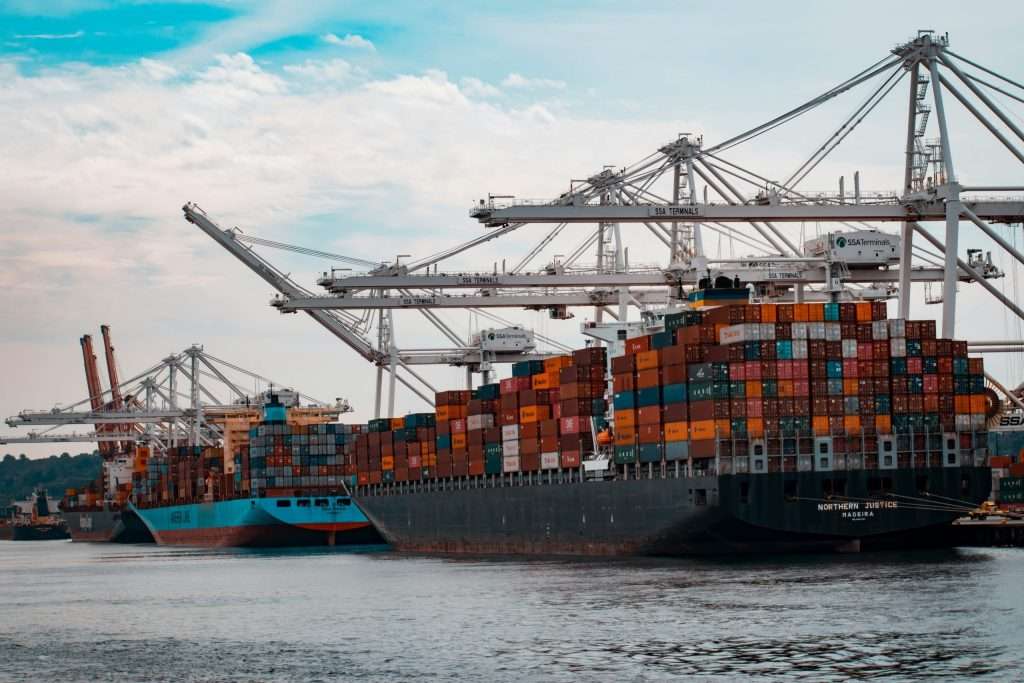The first quarter of 2024 has seen supply chain pressures become a central issue for businesses globally, as reported by GlobalData.
Shipping and Logistics Under Strain
The recent ‘Red Sea Crisis’ has exacerbated existing geopolitical tensions, notably between Israel and Hamas, causing a domino effect on global trade. The situation is further aggravated by strategic chokepoints like the Panama Canal and the South China Sea, which are pivotal to international shipping routes. These developments are reshaping trade flows and testing the resilience of corporate supply networks.
GlobalData’s analysis underscores the tangible repercussions of these geopolitical events, including the escalation of shipping expenses and elongated delivery schedules. Misa Singh, a Business Fundamentals Analyst at GlobalData, notes that regional conflicts are directly affecting the procurement and distribution of goods. The ongoing strife in the South China Sea is particularly disruptive, leading to rerouted freight and inflated shipping costs.
Corporate Impact: Tesla and Airbus
The report by GlobalData, titled ‘Filings Trends and Signals Q1 2024’, identifies Penguin International as one of the entities severely affected by supply chain disruptions and cost increases due to European suppliers navigating the Red Sea. Conversely, Airbus has found an advantage during these turbulent times, benefiting from a surge in air freight demand and prices as maritime shipping faces delays at the Red Sea and Panama Canal.
Shipping companies are now compelled to take alternative, lengthier routes via the Cape of Good Hope, Cape Horn, and the Suez Canal, intensifying the strain on numerous businesses. Tesla, for instance, has encountered significant setbacks in car production due to these shipping route changes and an unrelated arson incident at its Berlin factory.
Additionally, the Panama Canal has seen a reduction in vessel traffic due to low rainfall, affecting companies like SLP Resources Berhad. The plastic packaging manufacturer has experienced delays and extended lead times for North American imports, though its Middle Eastern and Asia-Pacific supply lines remain stable.
Looking Ahead
Misa Singh emphasizes that the cumulative effect of the COVID-19 pandemic and geopolitical tensions has exposed the fragility of the global logistics network. With supply chains becoming more expansive and interconnected, their vulnerability to disruptions has increased. Businesses are closely monitoring the situation, anticipating further developments that could impact their operations.



